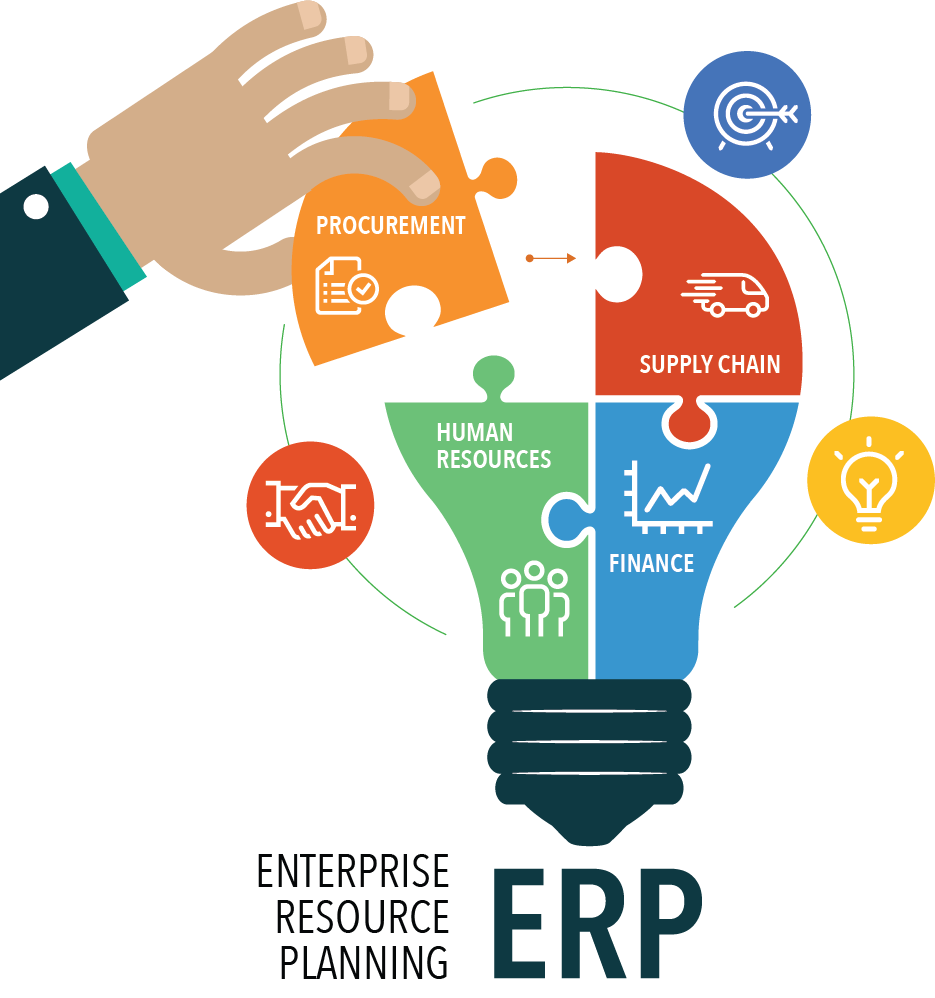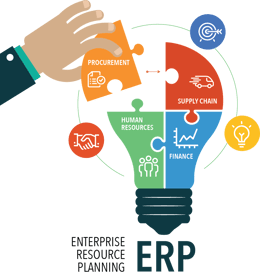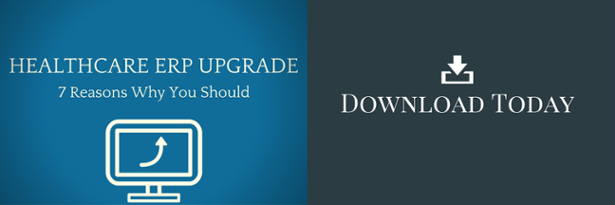Interview with Lane Tucker ERP Practice Director for The HCI Group

 Why is the ERP activity in healthcare seeing such a rapid increase in the last couple of months?
Why is the ERP activity in healthcare seeing such a rapid increase in the last couple of months?
Enterprise Resource Planning or ERP is not a new concept, but in the healthcare industry it has gotten much less attention in the last few years while the focus has been on the more time critical applications associated with Electronic Medical Records (EMR).Healthcare providers throughout the US know that with the passing in 2009 of the HITECH Act, massive amounts of investments are needed to be made in order to meet the criteria established for Meaningful Use attestation.
Now that most Providers are well on their way to meeting their MU objectives, hospital CIOs are now able to focus their attentions on many of the other critical IT needs of their organizations. Primary among these are the back office systems needed for the day to day operations namely Human Capital Management, Finance, and Supply Chain Management systems.
Is this a brief trend, or do you see this becoming the new “EMR” for healthcare spending?
Neither, it is not a trend at all, but rather a critical aspect of a hospitals IT spend that has largely been neglected too long. The push we now see for ERP solutions in the provider market is fueled by pent up demand rather than a trend. This is a catch up time, this demand cycle will level out in a few years, and resume a more normal track barring future anomalies like the HITECH Act in the market.
Here at The HCI Group, we are actively working with hundreds of healthcare systems around the US. These clients are confirming that their budgets are shifting in a significant way to include major initiatives with their ERP applications. Their reasons for this are all over the board, but neglected systems is a principal motivator. A recent poll of Healthcare CIOs states that ERP improvements rank in the top three initiatives for US healthcare providers for this year and next.
The top issues Healthcare CIOs are dealing with regarding their ERP systems include:
- Upgrades
- Quantum Upgrades (where the version is 2 or 3 releases behind)
- Cost of maintaining heavily customized applications
- System Security
Tell us a little about the security aspect of ERP systems.
ERP software standardizes and shares data across a company using just one piece of software. With that in mind, controlling security access to ERP systems should be top of mind for enterprise executives. It is one of the most terrifying issues CIOs face today. It seems like every day we read about a major systems breach somewhere in the US, where thousands of individual’s records are being accessed by hackers. Most ERP upgrades are incorporating leading edge system security & control improvements to deter hackers and system breaches. This is but a small part of what should be an organizations security strategy, but it is essential. In some situations the security improvements gained from a system upgrade could pay for much of the cost of an upgrade.
Conversely, failure to make these upgrades could lead to corporate liabilities in the event of a breach.
What other issues are driving ERP spend among provider CIOs?
A significant market influencer in healthcare today is the reduction of costs without sacrificing patient care. That’s the premise behind the HITECH Act, that’s what Population Health is all about, and it’s the single greatest influencer in healthcare. Reduce costs, increase efficiency, and take better care of the patient.
Since ERP is inherently a cost reducing solution, the market pressures from both the payer community and consumers are driving it onto IT budget agendas. ERP has the overall effect of reducing human interaction with processes and improving the work product of an organization. These are critical improvements for the reduction of healthcare costs.
Bottom line?
It is important to note that while ERP technologies have been pushed off to the side of many hospital budgets for the last 5 years, improvements to the applications themselves have not suffered. Hospitals will stand to make tremendous operational improvements by tapping into the advances made by the primary ERP vendors. This will cause many healthcare providers to seriously evaluate a major upgrade or even a replacement of their current ERP systems.
An updated ERP system can improve a healthcare organization’s ability to focus on the care of their patients, and stay competitive in the marketplace.

